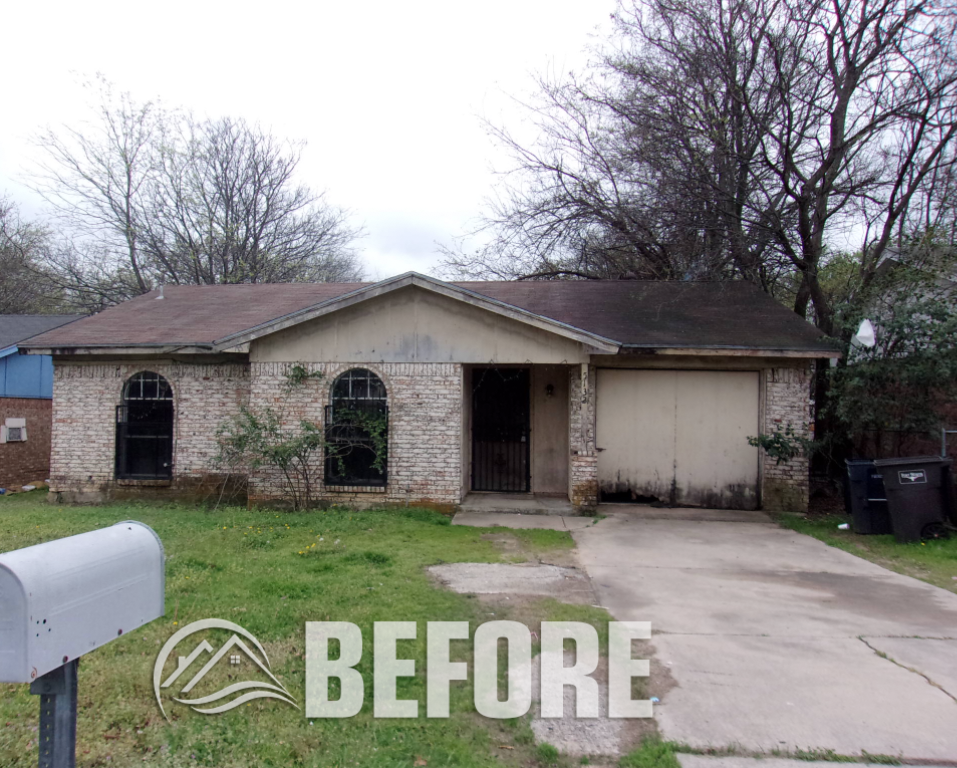 Oklahoma City, Oklahoma tends to fly under most people's radar. Unless you live there and are already personally invested in some way, it's not likely that you pay all that much attention to OKC. It seems, however, that more heads are turning in their direction these days as MarketWatch has named Oklahoma City among the best cities for millennials for good jobs and good homes.
Oklahoma City, Oklahoma tends to fly under most people's radar. Unless you live there and are already personally invested in some way, it's not likely that you pay all that much attention to OKC. It seems, however, that more heads are turning in their direction these days as MarketWatch has named Oklahoma City among the best cities for millennials for good jobs and good homes.
MarketWatch had two primary criteria for their list: both job growth and housing affordability. Out of the cities listed, Oklahoma City had the best rate of affordability—that is, the smallest rate of growth for housing prices at 4.6 percent year over year.
But this is far from all that OKC has to offer. Despite the tumult developing in the U.S. economy due to tariffs, stock market woes, and rising interest rates, Oklahoma City has seen promising economic markers throughout 2018. As one of our newer additions to the Memphis Invest family, it's valuable to look at the economic developments that have shaped the market over the past year and how it shapes investment opportunities moving forward.
3 Economic Facts to Consider About OKC in the New Year
Economic Expansion is Poised to Continue
Oklahoma City saw a great economy in 2018, even with tariffs and dropping oil prices towards the end of the year. Energy, manufacturing, and service industries all displayed solid growth throughout the year while agriculture remained strong and steady. Wages rose, employment increased by more than 2 percent, and the unemployment rate remained well below the national average at 3.4 percent for the state and even lower in Oklahoma City proper.
These good numbers culminated in an estimated Oklahoma state budget surplus of $612 million for the year.
OKC is Ready to Compete
Earlier in the year, former mayor of Oklahoma City Mick Cornett wrote a piece dedicated to the city he once guided. Here, he tells of a time where the city was once trapped in a cycle of boom and bust, but it is now poised to compete on the global stage alongside other mid-sized American cities in part thanks to our increasingly digital and innovative economies. Americans can choose where they want to work, no matter what they do. In a great many cases, this allows cities to be competitive in ways they were never able to be before, with tools that were unheard of even five years ago.
Everyone wants to be in on the next big market, and Oklahoma City could be that place, alongside other mid-sized markets that have plenty to offer to the next generation of innovators and businesses.
We can see former Mayor Cornett's predictions about OKC not as hopes and dreams, but as the reality for the city, as millennials vie for the job opportunities and affordable living spaces in the market. This is the ground floor of the next generation of competitive markets, and OKC is poised to steal the spotlight.
Investors Recognize the Potential in OKC
Lastly, there is a lot of energy surrounding Oklahoma City's housing market. The slow-growing home prices in OKC, like in much of the nation, are not necessarily indicative of problems or a lack of demand. In many cases, this is the result of increased homebuilding compensating for the lack of supply in recent years. For OKC, the recession caused only a bump in the road. Something that has happened since, and now, is a significant uptick in investor-owned properties.
In fact, more homes in Oklahoma City are owned by investors than by traditional homeowners than in 50 other major cities at 15.4 percent.
However, statistics on price growth and patterns suggest that these investors, like Memphis Invest, are invested in the market itself and in wise, sustainable investments. We know this because Oklahoma City's real estate market has not ballooned by artificial inflation, but it has simply grown at a modest and respectable rate, despite high investor involvement. In another market, this could crowd out homebuyers and cause bloated prices due to competition. We haven't seen that happen in OKC—only healthy growth and an attractive environment for millennial homebuyers and renters alike.
This suggests genuine care by investors in the health and success of the market as a whole rather than in pure profit. These investors have their sights set on the long-term.
What do you think about the trajectory of the Oklahoma City real estate market? The U.S. market as a whole? Share your thoughts in the comments.
Take advantage of the growing investment opportunities in Oklahoma City.












